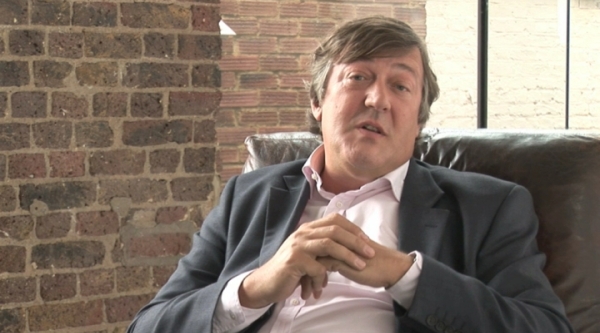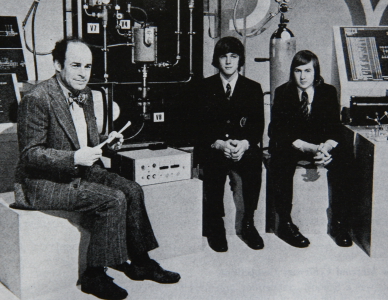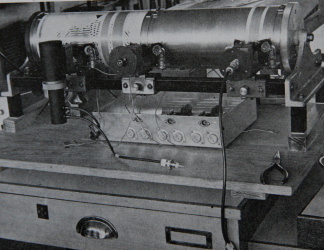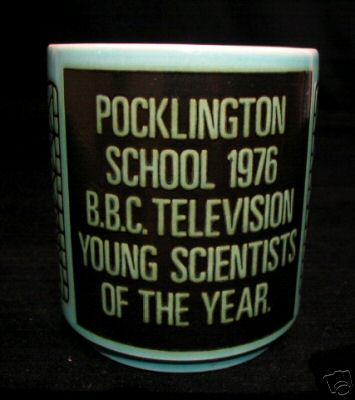This Sunday 12th October, Stephen Fry will present the first of a series of programmes recounting his epic 50 State tour of the USA. Fry is well known as an actor, TV presenter, novellist, film maker, and general wit and, as this quote from the current Radio Times reminded me, he’s also a great fan and defender of science:

“The best definition of science I have ever heard (embarrassingly, it’s my own) is ‘humility in the face of facts” and yet science in America is always being accused of arrogance! Arrogance? Compared to those Sunday evangelists and others who claim that truth is ‘revealed’ in a book, one book, whose journey into existence is traceable in history, whose fragments and parts and apocrypha were arbitrarily decided by compromise and pragmatic need? Yet America’s insistence on equal validity between ‘revealed’ truth and evidence-based truth has meant that evolution is now pitted against so-called ‘intelligent design’, a barbarously irrational mixture of pseudoscience and fallacious argument that poses itself ‘innocently’ as a credible alternative.” (Stephen Fry – Radio Times)
No mistaking Stephen’s position on ‘Intelligent Design‘ then.
This sort of comment is consistent with the Stephen Fry I encountered at the first DNA Memorial Lecture at the Royal Institution in 2003. Fry was Master of Ceremonies for Richard Dawkins‘s lecture ‘Queerer Than We Can Suppose‘. And no, this wasn’t a homage to Deoxyribo Nucleic Acid, but rather a celebration of the memory of the irreplaceable Douglas Noel Adams, patron to the beneficiaries of the evening – The Diane Fossey Gorilla Fund and Save the Rhino International.
Fry’s comments during the various introductions, links, and humorous ramblings revealed an impressively knowledgeable and scientifically literate guy, especially in all matters evolutionary. He’d doubtless be shocked that anyone would think otherwise, but this was a world as yet unexposed to the intellectual sound-bitery of the QI show.
The real, not to say surreal, reason I remember this all so well is the charity auction at the end of the evening. With Fry as auctioneer, I found myself bidding head-to-head with Terry Jones (of Monty Python fame) for a two foot high, ceramic, silver-backed gorilla (as you do). Suffice to say the wrong Jones walked off with the pottery primate – leaving me apeless (sorry).
Also of Interest
“Douglas Adams loved ideas but hated writing, says Terry Jones” March 2012 BBC article HERE


